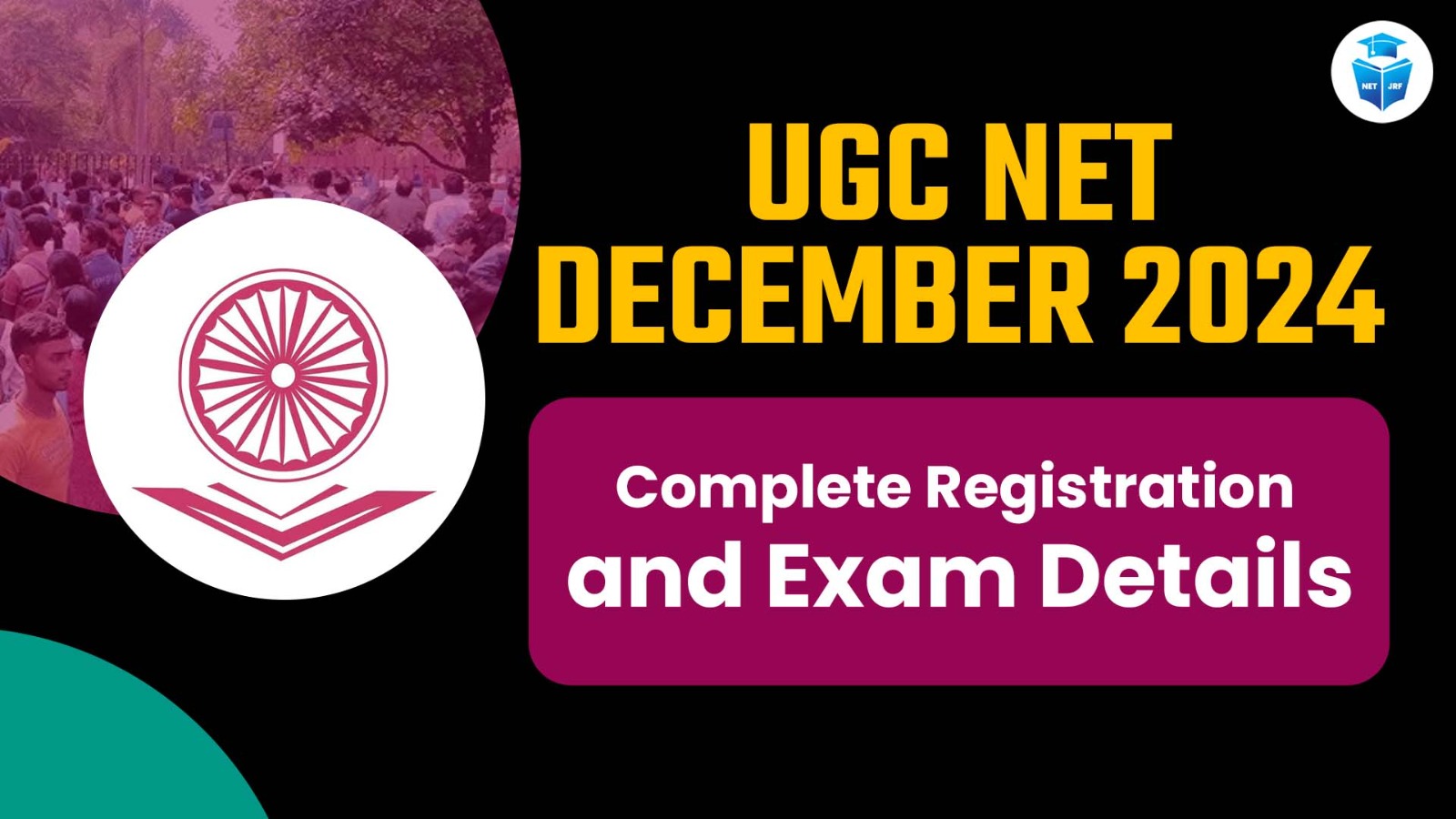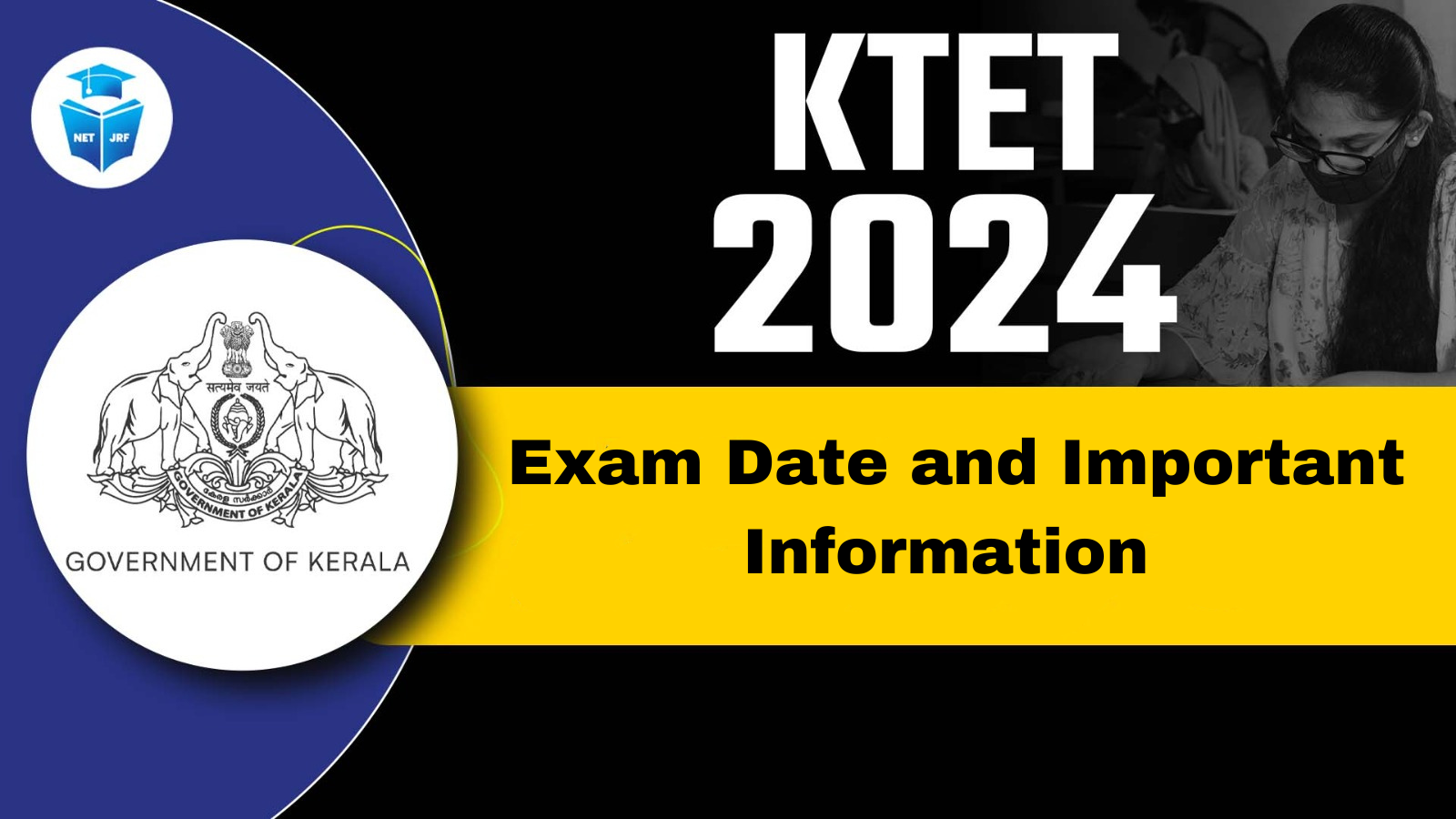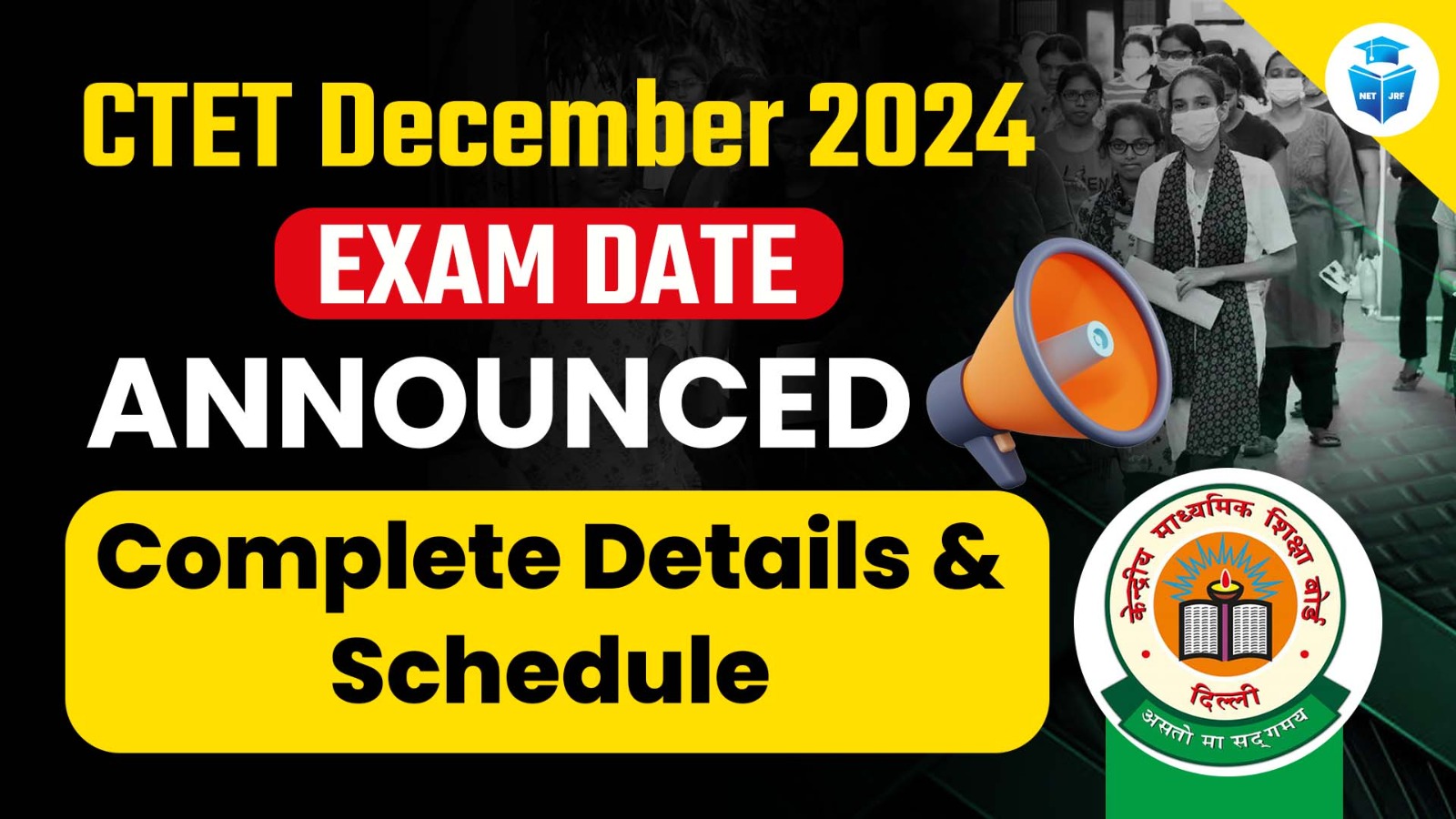
Get an Instant Callback by our Mentor!

UGC NET Exam Analysis 2024 23rd August Shift 2: National Testing Agency is conducting the UGC NET 2024 for the Shift 2 on 23rd August 2024. The examination is supposed to be held from 3 pm to 6 pm. This test shall be conducted only for Paper 1. The given analysis is of the examination in detail with an overview of the test, bifurcation of each section, and good attempts expected.
The UGC NET 2024 Examination is conducted on 23rd August, 2024, in online mode. The briefed overview about the exam to a candidate through the below-given points:
Conducting Authority National Testing Agency (NTA)
UGC NET 2024 Exam Date 23 August 2024 (Shift 2)
Exam Level National
Exam Frequency Twice a year
Mode of Exam Online
Exam Duration 3 hours
Exam Date 23-Aug-24
Slot II 3:00 PM to 6:00 PM
Related Courses Bengali, Chinese, Rajasthani, Arab Culture and Islamic Studies, Kashmiri, Sociology
Number of Questions
Paper I: 50 questions; Paper II: 100 questions
Maximum Marks Paper I: 100 marks; Paper II: 200 marks
Website Address ugcnet.nta.nic.in
Paper on the whole was easy to moderate in the level of difficulty. Paper 1 is more on general teaching and research aptitude. The paper to a great extent was straightforward. Paper 2 was quite variable in difficulty levels compared to the first paper as the paper was based on topics from various subjects.
UGC NET 2024 23rd August Shift 2 Exam Analysis: Difficulty Level
Below is the section-wise difficulty level for Paper 1:
UGC NET Paper 1 Sections Topics Asked Difficulty Level
Teaching Aptitude Methodologies, Learner's character, Teaching-Learning process Easy to Moderate
Research Aptitude Questions on Research Methods, Types of research, Sampling, Research ethics Moderate
Reading Comprehension Interpretation of the passage, inference, tone of the passage Easy to Moderate
Communication Verbal and non-verbal communication, Strategies, Barriers to Communication Easy to Moderate
Maths: Series, Arithmetic, Geometry, Algebra Moderate
Reasoning Ability: Series, Arguments Easy to Moderate
Comprehension: Use of data,
UGC NET Exam 2024 Analysis 23rd August Shift 2, Good Attempts
Refer to the table below to get a fair idea of how to target the number of questions in each section of Paper 1:
Sections/Subjects Number of Questions Asked Good Attempts
Teaching Aptitude 7-8
Research Aptitude 4-5 Given below is a table that provides insight into the subjects-wise performance for the Paper 2—topics asked, difficulty level, and good attempt:
Subjects Topics Asked No of questions Difficulty level Good Attempts
Bengali Literature, language, cultural studies 100 Moderate 75–78
Chinese Classical literature, linguistic structure, modern literature 100 Moderate 75–78
Rajasthani Classical and folk literature, grammar, cultural heritage 100 Moderate 75–78
Arab Culture and Islamic Studies Arab history, culture, Islamic theology 100 Moderate 70-73
Kash
One of the important aspects that candidates need to focus on is the understanding of the marking scheme. There is quite a uniform pattern of the UGC NET 2024 Exam and it is completely free from negative marking. Below, we have provided the marking scheme for both of the papers for the students:
Type of Questions MCQs MCQ
Type of Paper Common for all candidates Subject-based
Number of Questions 50 100
Total Marks 100 200
Marks per Question : 2
Negative Marking No Negative Marking No Negative Marking
FAQs on UGC NET Exam Analysis 2024
Difficulty Level: The overall difficulty level was easy to moderate in UGC NET 23rd August Shift 2. Many questions were a bit confusing or puzzling. Candidates shall look forward to the good attempts in Paper 1 of UGC NET to have an expected idea The good attempts in the UGC NET Paper 1 ranged from 43 to 46 questions, including 50 questions in total. Subjects covered for Paper 2 of UGC NET 23rd August Shift 2
The papers were Bengali, Chinese, Rajasthani, Arab Culture and Islamic Studies, Kashmiri and Sociology.
4. Was there any negative marking in the UGC NET 2024 examination?
There was no negative marking in the UGC NET 2024 examination.
5. What is the benefit for a candidate in the future from a subject-wise analysis?
More than that, subject-wise analysis will help the candidate stay alert to the trend of the exam. This might be useful for gaining an idea of the level of difficulty and where one needs to work harder for a better result.




.jpeg)


Founder of JRFAdda, is a Computer Science educator with an MCA degree and JRF qualification. Her experience includes roles as an SBI SO (DBA), work at Cognizant, and over 5 years of teaching online and offline. She has also served as a Government Computer Teacher in Rajasthan.